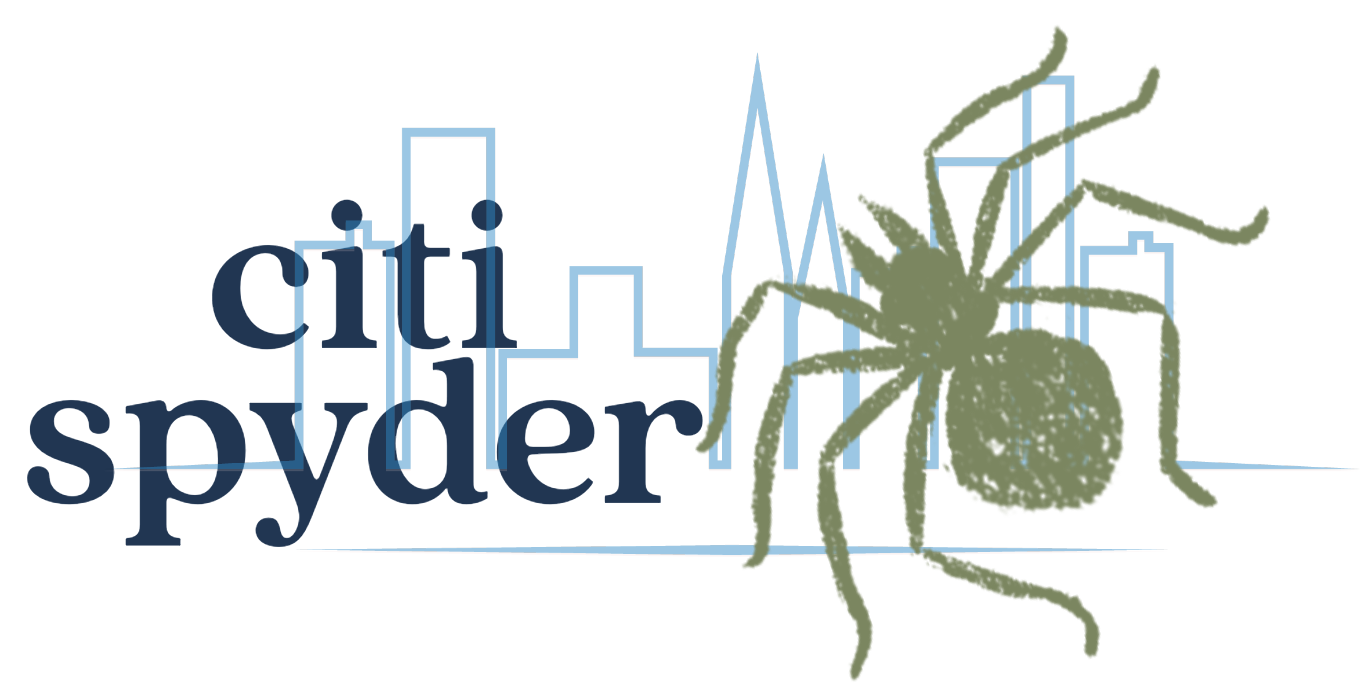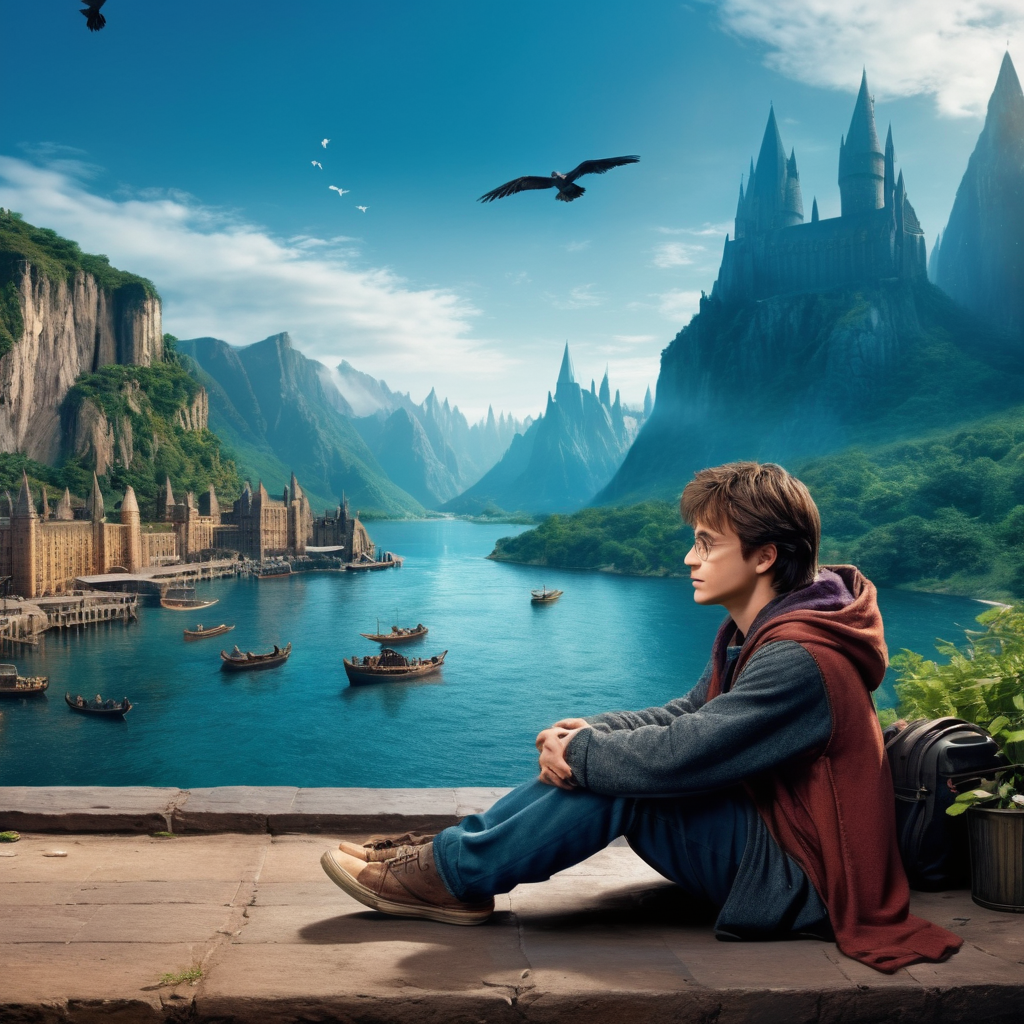This weekend, I embarked on a fun and educational journey with my 10-year-old son and 8-year-old daughter. Our mission was both exciting and enlightening: to uncover and debunk science myths and inaccuracies in various forms of media.
The Challenge: Unraveling Science Myths
We set out with a simple yet engaging task: find examples of exaggerated or incorrect scientific concepts in media, and then explore why they don’t align with real scientific principles. Armed with curiosity, we dived into movies, TV shows, and advertisements.
The 8-Year-Old Girl’s Discovery: Cartoon Physics
My daughter, drawn to animated series, quickly noticed a scene where a character defied gravity. We laughed at the absurdity and then discussed the reality of gravity and physics, turning it into a fun learning experience.
The 10-Year-Old Boy’s Observation: Sci-Fi Exploration
My son chose a scene from Star Wars, where Harrison Ford’s character is frozen in what seems like a metal coffin. This led us into an exciting discussion about cryonics and the science behind such concepts, distinguishing between movie magic and scientific reality.
Together: The Joy of Research and Learning
Researching and validating our findings was a major part of the activity. It was a great exercise in critical thinking and applying scientific knowledge, as my kids learned to research effectively and differentiate fact from fiction.
The Result: Education, Entertainment, and Memories
This activity was a perfect blend of learning and fun. We shared laughs and curiosity, and my children’s interest in science noticeably deepened as they understood the importance of questioning and exploring the world scientifically.
Final Thoughts: A Must-Try Family Activity with Clear Instructions
I highly recommend this activity for families looking to blend education with entertainment. Here’s a simple guide to get started:
- The Prompt: Find examples of incorrect or exaggerated scientific concepts in media (movies, TV shows, advertisements).
- Research and Discussion: Encourage your children to research why these portrayals are scientifically inaccurate. Support them in looking up credible sources online or in science books.
- Critical Analysis: Have discussions about the differences between the media portrayal and actual scientific principles. Encourage them to ask questions and think critically about the information they find.
- Presentation: Optionally, kids can present their findings to the family, enhancing their understanding and communication skills.
- Reflection: End the activity with a reflection session, discussing what was learned and how it applies to the real world.
This activity not only promotes scientific literacy and critical thinking but also provides quality bonding time. So grab some snacks, queue up your favorite movies, and embark on a mythbusting adventure with your little scientists!
Happy Discoveries and Debunking! 🌌🔭🎬👨👩👧👦

